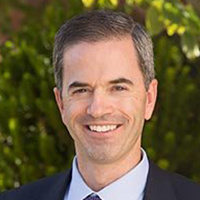 San Tan Valley Misdemeanor Lawyers, Arizona
San Tan Valley Misdemeanor Lawyers, Arizona
Sponsored Law Firm
-
 x
x

Click For More Info:
-
Mushkatel Robbins & Becker PLLC
15249 N. 99th Ave Sun City, AZ 85351» view mapAccident & Injury Law Get Solutions To Your Legal Problems
At Mushkatel, Robbins & Becker, PLLC, our goal is to provide you with a comfortable environment where you can get trusted guidance on the legal matters affecting your life.
800-895-6240
Sponsored Lawyers
1-1 of 1 matches
Criminal, Felony, White Collar Crime, Juvenile Law, Misdemeanor
Jeremy earned his undergraduate degree from the Marriott School of Management at Brigham Young University in 1998. He then attended Pepperdine University and graduated from the Graziadio School of Business Management in 2001 and from Pepperdine University Law School in 2002. In 2003, Jeremy received a Certificate of Dispute Resolution from the Straus Institute for Dispute Resolution at Pepperdine University. Legal Experience Jeremy is a member of the Arizona State Bar Association and has served as secretary for the Dispute Resolution Section. He is also a member of the American Association of Premier DUI Attorneys and the National Association of Distinguished Counsel. He was also named a Super Lawyer in Arizona. Jeremy’s Criminal Defense practice helps clients facing charges like criminal speeding, possession of marijuana, DUI, domestic violence, and more. You can learn more about his DUI services at MesaDUIAttorneys.com.
(more)


 Zachary Mushkatel Sun City, AZ
Zachary Mushkatel Sun City, AZ Practice AreasExpertise
Practice AreasExpertise


